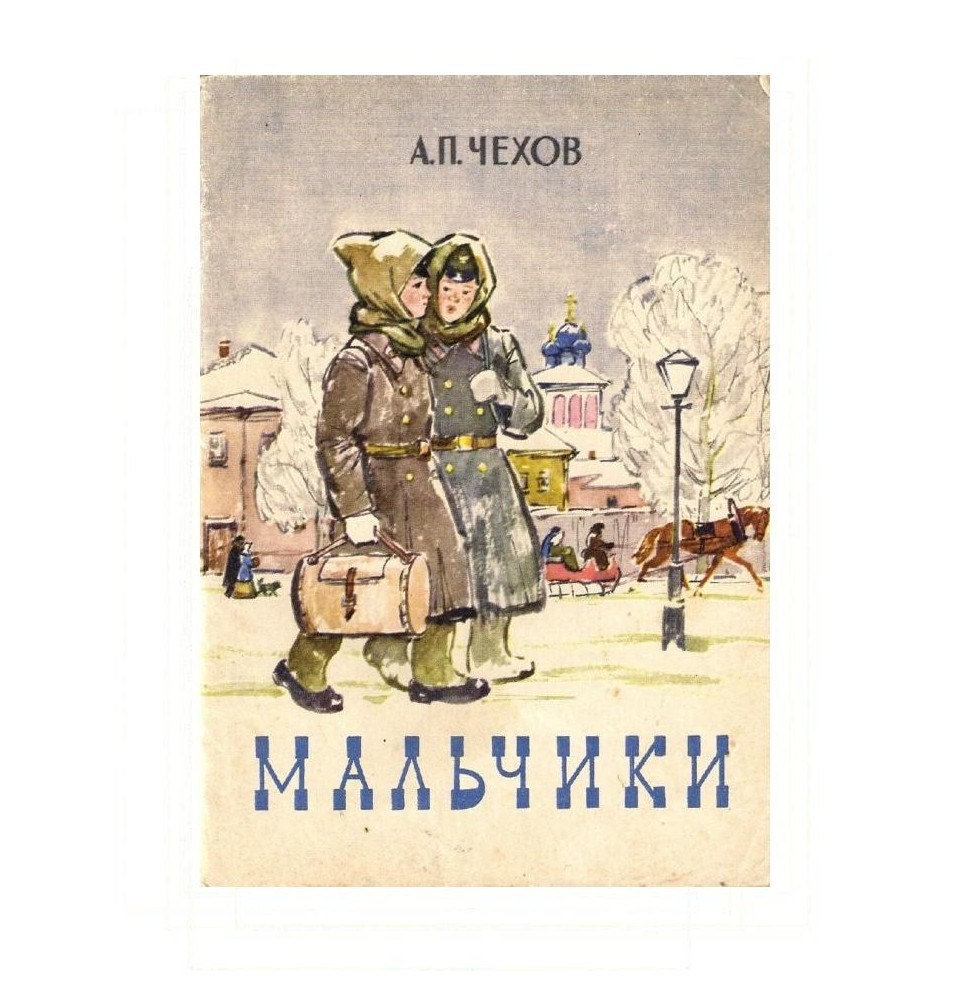

Saveliy jumps off and puts a handkerchief over his face, allegedly "to keep the light out of his eyes," but apparently in order to block the gaze of his witch of a wife, to her great chagrin. The postman is young and good-looking, and Raisa asks if the two would have some tea, then tells the guest that her late father was the sexton here, then before his death he hastily married her off to somebody from the Consistory, and now the two live here in sheer poverty, because Saveliy is lazy and is 'afraid of people'.Įxhausted, the postman drops off by his huge mail bag. Soon the postman and his coachman enter the hut, and it turns out, they've lost their way. Saveliy points out that those coming to their hut looking for help are invariably young men, 'looking for mischief'.Ī distant sound catches their attention. Raisa tries to reason with him, saying that when her father was alive, "all sorts of people used to come to him to be cured of the ague," and nobody accused him of witchcraft, even if he was a healer. Saveliy seems to seriously think that his wife is a witch, who intentionally brings about storms in order to lure the young men who'd lose their way into the house, to seduce them.

His wife Raisa sits by the window, making sacks out of coarse hempen stuff, and its soon becomes clear that it's to her that his grunts are addressed. Nightfall approaches, and in the hut adjoining the church, the sexton Saveliy Gykin lies in his huge bed, listening to the snowstorm raging outside and muttering something threatening. ĭuring its author's lifetime the story was translated into German and Czech languages. He returned to the original version while preparing the text for the Volume 3 of his Collected Works, published by Adolf Marks in 1899–1901. While revising the story for it, Chekhov omitted some details which many of his correspondents referred to as exceedingly naturalistic. It made its way into the 1887 collection In the Twilight (В сумерках), to be reproduced, unchanged, in all its 13 editions (1888–1899).

"The Witch" was first published on 8 March 1886 by Novoye Vremya (Issue No. It was this small church with its watchman's hut by the post road, that had given apparently Chekhov the ideas for his stories 'The Witch' and 'A Bad Business'." According to Chekhov's 28 March 1886 letter to Dmitry Grigorovich, he wrote "The Witch" in the course of one day. They had the service in it only once a year, and in the night time one could hear its bell, marking the hours. On the origins of the story, Chekhov's brother Mikhail wrote in his 1923 memoirs: "There was,, by the Daragan Forest, a lonely Polevshcinskaya church which had always intrigued.

" The Witch" ( Russian: Ведьма, romanized: Vedma) is an 1886 short story by Anton Chekhov.


 0 kommentar(er)
0 kommentar(er)
